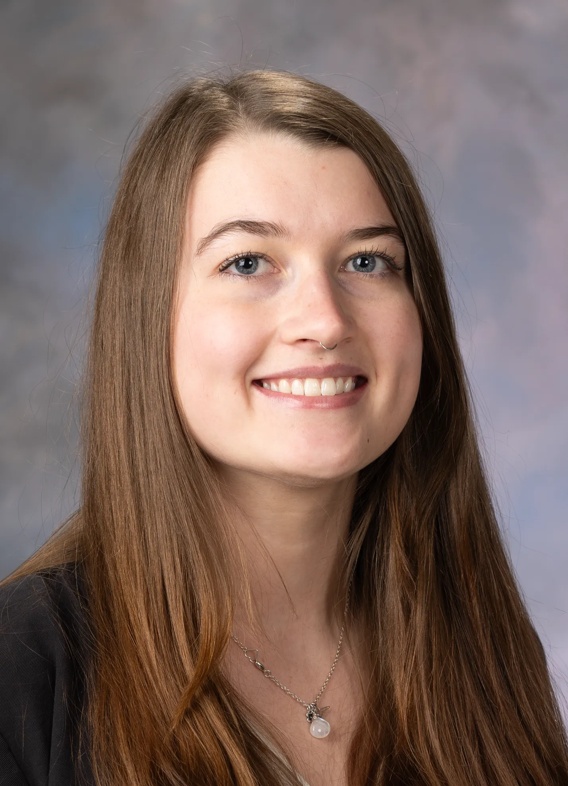Bailey Lab Staff

Michael Bailey, PhD
Principal Investigator
Michael.Bailey2@NationwideChildrens.org
Michael Bailey, PhD, has a strong interest in understanding how bacteria that naturally reside within the intestine, as part of the gut microbiome, influence and are influenced by diseases processes. He has conducted pioneering studies showing that the body's physiological responses to stressful challenges change the composition of the gut microbiota, which in turn impacts immune system functioning and behavioral responses. He is now focused on identifying the biological mechanisms by which gut microbes interact with their hosts with the goal of developing microbe-targeting treatments for inflammatory and behavioral diseases. He has published multiple manuscripts and book chapters on various aspects of the multi-directional interactions between gut microbes, immune and nervous system functioning, disease susceptibility and behavioral responses.

Audrey Duff
Postdoctoral Scientist
Audrey.Duff@NationwideChildrens.org
In her early graduate career, Audrey studied the influences of microbial colonization and how pioneer colonization shapes immune development in broiler chickens through host-microbiota crosstalk. This initial exposure led her to pursue a more profound understanding of how the microbiota drive immunoregulatory events and how the intestinal microbial community can be manipulated to improve overall health.
Audrey's research in the Bailey Lab primarily examines the impact of prenatal stress (PNS) on offspring immune development and disease susceptibility. Importantly, PNS is associated with changes in the intestinal microbiota of exposed offspring that persist into adulthood, and epidemiological studies have found that children exposed to PNS have an increased risk of acquiring early-life infections. She is interested in understanding how PNS affects early-life immune development and whether PNS-associated abnormalities in the microbiome contribute to the immune dysregulation and altered disease susceptibility observed in these offspring.

Miranda Hilt
PhD Student
Miranda.Hilt@NationwideChildrens.org
Miranda joined the Bailey Lab in June 2023 as a doctoral student in the The Ohio State University Biomedical Sciences graduate program. Her primary project is focused on investigating the influence of the physiological stress response on ROS/RNS production, microbial composition and colonic inflammation, and uncovering how these stress-induced changes impact susceptibility and severity of enteric infection and disease. She is especially interested in microbiome-immune cell crosstalk and hopes to pursue this topic further as she progresses in her research career.
In her free time, Miranda enjoys cooking, reading, watching movies and TV shows, spending time with her pets and traveling.
